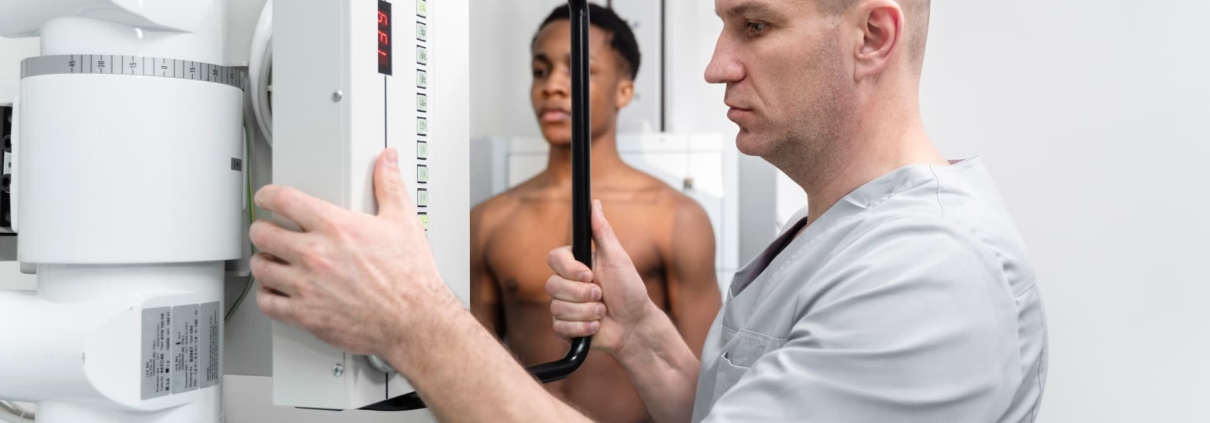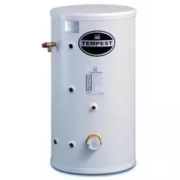Everything You Need to Know About Hot Water Cylinders: A Complete Homeowner’s Guide
A hot water cylinder is one of the most reliable and efficient ways to store and distribute hot water in your home. Whether you’re upgrading your existing heating system or building a new home, understanding how hot water cylinders work and choosing the right one is essential for consistent hot water and long-term energy savings.
In this guide, we’ll cover what a hot water cylinder is, the different types available, key benefits, installation tips, and how to select the ideal model for your household needs.
What Is a Hot Water Cylinder?
A hot water cylinder is a storage tank that holds heated water for domestic use. It works in conjunction with a boiler or renewable energy source (like solar panels) to ensure that hot water is always available for baths, showers, washing machines, and kitchen taps.
Unlike combination boilers that heat water on demand, a hot water cylinder stores pre-heated water, making it ideal for homes with higher water usage or multiple bathrooms.
Types of Hot Water Cylinders
There are two main categories of hot water cylinders: vented and unvented. The right choice depends on your home’s plumbing system, water pressure, and heating preferences.
1. Vented Hot Water Cylinders
Vented cylinders rely on gravity and are fed by a cold water storage tank located in the loft. Water is heated and stored in the cylinder until it’s needed.
Advantages:
- Simpler installation in homes with existing vented systems
- Cost-effective replacement option
- Compatible with low-pressure water systems
Best for: Older properties or those with loft space and traditional plumbing
2. Unvented Hot Water Cylinders
Unvented cylinders are connected directly to the mains water supply. They provide high-pressure hot water without the need for a cold water storage tank, making them a modern and space-saving solution.
Advantages:
- Delivers strong water pressure at all outlets
- More hygienic—sealed system prevents contamination
- Takes up less space with no need for an attic tank
Best for: New builds, modern renovations, and households with high hot water demand
3. Indirect vs. Direct Cylinders
Another important distinction is between direct and indirect hot water cylinders.
- Direct cylinders use an internal immersion heater to warm the water.
- An external boiler or solar thermal system heats indirect cylinders.
Indirect cylinders are more energy-efficient when paired with a modern boiler, while direct cylinders are typically used in homes without a boiler system.
Benefits of Installing a Hot Water Cylinder
Upgrading to a new hot water cylinder can significantly improve your home’s comfort and energy performance. Here’s how:
Consistent Hot Water Supply
With a hot water cylinder, you can store a large volume of hot water ready for use throughout the day, even during peak times.
Ideal for Larger Households
If you have multiple bathrooms or family members showering at once, a cylinder ensures everyone gets hot water without delays or pressure drops.
Compatibility with Renewable Energy
Hot water cylinders—especially indirect models—can be used with solar thermal systems, helping reduce your carbon footprint and energy costs.
Energy-Efficient Options
Modern cylinders come with high-performance insulation to retain heat for longer, reducing the need to reheat water and lowering energy bills.
Factors to Consider When Buying a Hot Water Cylinder
Choosing the right cylinder involves more than just size. Here are the key features to look for when shopping on TradePlumbing.co.uk:
1. Capacity (Liters)
Select a size based on the number of occupants and bathrooms in your home. A family of four typically requires a 150–210-liter cylinder.
2. Heat Source Compatibility
Ensure your cylinder is compatible with your heating setup—gas boiler, electric immersion, or renewable energy systems.
3. Cylinder Material
- Stainless steel cylinders are corrosion-resistant, lightweight, and long-lasting.
- Copper cylinders offer excellent heat transfer and are often used in traditional systems.
4. Insulation Quality
Look for cylinders with factory-fitted foam insulation to minimize heat loss and maximize energy savings.
5. Pressure Rating
Unvented cylinders must be rated for high pressure to handle mains-fed water safely. Always check product specifications for pressure limits.
Installation and Maintenance Tips
Professional Installation Is Essential
A qualified engineer should always install hot water cylinders. Unvented systems, in particular, require G3 certification due to safety regulations.
Maintenance Tips:
- Check insulation and lagging annually
- Flush the cylinder periodically to remove sediment
- Test pressure relief valves on unvented models
- Replace immersion heaters when performance drops.
Regular maintenance ensures optimal efficiency and extends the life of your system.
Why Shop Hot Water Cylinders at Trade Plumbing?
At Trade Plumbing, we stock a wide range of hot water cylinders from trusted UK brands like Gledhill, Telford, Kingspan, and more. Whether you need a compact vented model for a small flat or a high-capacity unvented cylinder for a large family home, we’ve got you covered.
What sets us apart:
- Competitive prices across all models
- Fast, reliable UK-wide delivery
- Expert customer support
- Easy-to-navigate collection pages with filter options
Explore our full collection here: Hot Water Cylinders – Trade Plumbing
Frequently Asked Questions (FAQs)
Q1: How long does a hot water cylinder last?
A well-maintained stainless steel cylinder can last 20+ years, while copper cylinders typically last 10–15 years.
Q2: Can I replace a vented cylinder with an unvented one?
Yes, but it may require pipework upgrades and a suitable mains pressure. Always consult a certified installer.
Q3: Do hot water cylinders work with combi boilers?
No. Combi boilers heat water on demand and do not require a storage cylinder.
Q4: What size cylinder do I need for a 4-bedroom home?
For a household of 4–5 people, a 200–250-liter cylinder is generally recommended.
Final Thoughts
A hot water cylinder is a smart, efficient, and future-proof solution for homes that require a reliable supply of hot water. Whether you’re replacing an old system or installing one for the first time, choosing the right cylinder can greatly improve your household’s comfort and efficiency.
Ready to upgrade? Explore high-quality, affordable hot water cylinders at Trade Plumbing and enjoy peace of mind with every hot shower.





Leave a Reply
Want to join the discussion?Feel free to contribute!